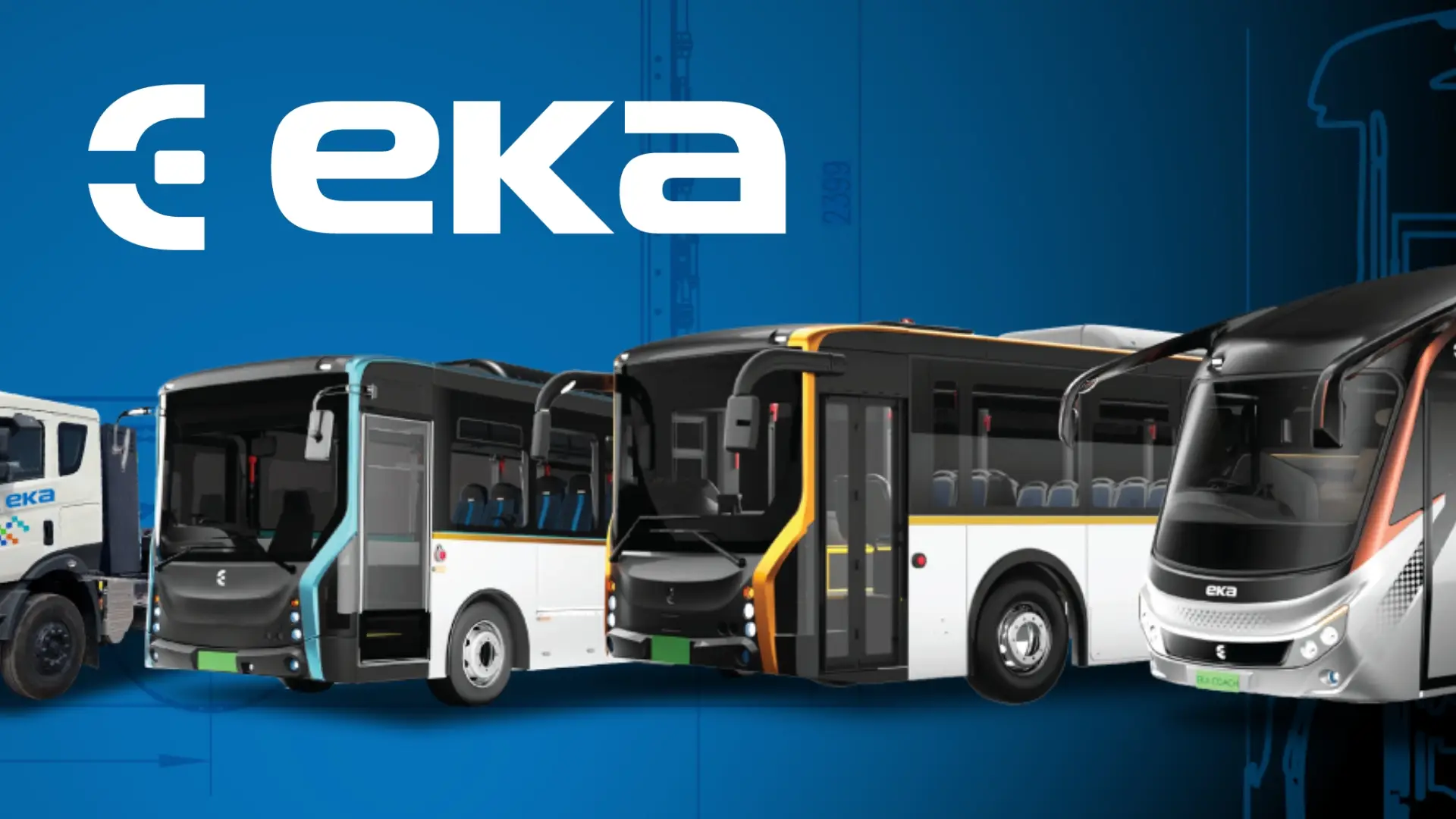Going to shop was a nightmare when we were in our childhood, but when we got a tip from our parents and relatives, that was the boost, and we often went to shops. We all call it a Kirana shop traditionally. But these days kids might not be aware of what the early generations went through. Not all, at least those who live in the metro don’t know because of the rise of quick commerce services. It reduced the hassle and made our jobs simpler by delivering the groceries and essentials in less than 15 minutes. But you know, because of the rise of quick commerce and retail giants, we are somehow ignoring the Kirana stores. Even the stats say the same. But there are some startups that are working to solve and support the Kirana ecosystem in India.
But in this article, we are delving deeper into one company, which is like a full-stack service platform for Kirana. Every time when we go to buy something from a retail store, we will find some variety of goods and brands placed over there. Starting from drinks to chips, grains, and cereals, what have you, almost everything we see is sourced from various places. The Kirana store owner has to deal with 10+ distributors and negotiate prices every time, and he might get only limited product variety, and most importantly, the delivery of the orders is a major hassle. How often do you hear some storekeeper say this? “Stock will arrive in an hour?” We all heard this quite a lot of times, right? And even most shopkeepers face the issue of tight cash cycles. This is almost a major problem for the shopkeepers. Now, this startup, which we are discussing, is solving all of this problem for Kirana stores all across India.
The company we are discussing is Jumbotail. Instead of fixing just one piece of the puzzle, they’re solving everything that matters for a Kirana.
One-stop Ordering Platform:
There’s no need to contact multiple suppliers anymore. Through the Jumbotail app, store owners can order everything from rice and dal to chips and chocolates, all in one go. And the best part? Competitive prices, brand variety, and reliable availability.
Next-day Delivery:
They have their own supply chain and logistics network, meaning store owners can confidently promise, “Stock will be here by morning,” and actually mean it.
Working Capital Credit:
Jumbotail offers credit lines to Kirana stores so they can order more stock without worrying about upfront payments.
Store Transformation:
Jumbotail helps local Kiranas look like modern supermarkets. With layout designs, planograms, and shelf placement support, they help increase walk-ins and sales.
Jumbotail not only helps Kirana stores get products but also helps them run their shops better, just like a big supermarket. And the secret behind that is a smart tool called Golden Eye. Golden Eye is cloud-based software made by Jumbotail. It helps small shop owners manage everything in their store, from billing to stock to customers, all in one place. This is how it provides various solutions and acts as a full-stack platform for Kirana services.
Let’s also understand the founding story of this company and how they started and what they are up to. The story of Jumbotail begins with two classmates from the Stanford MBA Class of 2011, Karthik Venkateswaran and Ashish Jhina, both driven by a shared mission to transform India’s deeply fragmented Kirana retail ecosystem. Karthik Venkateswaran is a military veteran who served in hard combat roles in the Indian Army. After his service, he transitioned into the world of technology and became a marketplaces product veteran, working with global giants like eBay US and later leading key technology products at Flipkart. His unique blend of discipline, battlefield leadership, and product expertise forms the backbone of Jumbotail’s robust tech and logistics architecture. Ashish Jhina, an IIT Delhi graduate, began his career as a consultant at Boston Consulting Group (BCG). Ashish is also a professional farmer and understands the challenges of India’s supply chains right from the soil to the store shelf. They both started Jumbotail in the year 2015.
Jumbotail’s ecosystem stands on three powerful pillars, such as e-commerce, fintech, and supply chain solutions, all engineered to reshape how Kirana stores operate. While the company hasn’t disclosed exact revenue numbers, industry benchmarks indicate a clear split: 60% comes from its core e-commerce platform, 25% is driven by fintech products, especially the booming “Jumbotail Capital,” and 15% flows in from its supply chain infrastructure and services.
In terms of market presence, Jumbotail now commands nearly more than 15% of India’s addressable B2B grocery market, placing it right behind Udaan, which leads with 20%. But what’s driving this growth? In just the last three months of 2024, 50,000 new Kirana stores came onboard.
In a strategic move, Jumbotail recently acquired Solv. Solv had been building a tech-first platform enabling small businesses with access to credit, catalogs, and logistics. This acquisition is a massive win for Jumbotail, strengthening its capabilities in fintech, merchant network expansion, and further deepening its supply chain integration.
With its rapid growth, strategic acquisitions, and high capital efficiency, Jumbotail has finally joined the unicorn club, crossing the $1 billion valuation mark. In its latest funding round, Jumbotail raised $120 million, led by SC Ventures, the innovation and investment arm of Standard Chartered Plc. This round also saw continued support from existing backers like Artal Asia, reaffirming their belief in the company’s long-term play. With this, Jumbotail’s total capital raised stands at $263 million. With all the capital it raised over the period, they are utilizing it to expand the network. They are silently empowering the Kirana stores across India. But with the expansion of quick commerce, it is a key thing to watch to track how Kirana stores and companies like Jumbotail fight back against quick commerce giants.
Also Read: Why Everyone’s Eating Protein Bars Now: The Growth Story of India’s Clean Snacking Startups








